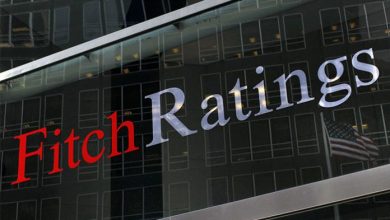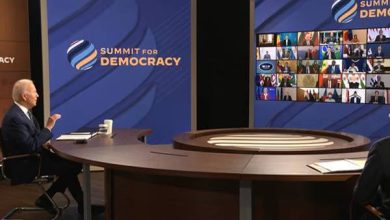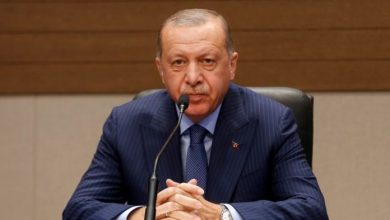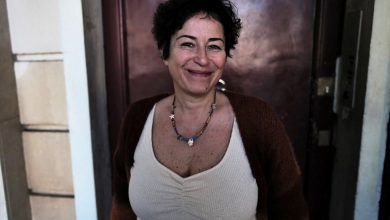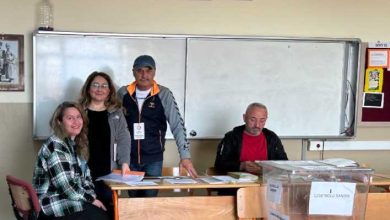Drugs, terror, and the deep state: why Turkey’s casinos might be making a comeback
The Constitutional Court soon ruled that any amenities enjoyed by foreign citizens must be made available for Turkish citizens.

Gambling has a rich history in Turkey, but casinos were only legalised in the 1980s under prime minister Turgut Özal. The legalisation only allowed casinos to open inside hotels, and they were only for tourists, to draw in money to the country.
The Constitutional Court soon ruled that any amenities enjoyed by foreign citizens must be made available for Turkish citizens.
On December 21, 1996, Turkey officially banned casinos again, which naturally pushed them underground. Looking at police operations every year, it can be seen that various gambling dens continue to serve the people.
What makes me think casinos may be in for a comeback today, on the other hand, is not a Turkish Hoteliers Union’s proposal, or demands by the tourism sector to that end. I have come to this conclusion from the discussions on whether the pro-Kurdish Peoples’ Democratic Party (HDP) should be shut down.
The two may look entirely unrelated, but they are not, actually. Recent history buffs would remember the 1996 killing of Turkish businessman Ömer Lütfü Topal, whose nickname was the Casino King. A few months after that came the Susurluk car crash, in which a road accident revealed the peculiar connections between Turkey’s interior minister, a member of parliament, a mafia boss and drug trafficker, and a senior police official and led to the exposure of the “deep state”.
Shortly after the crash, casinos were banned. What is significant here is that, after the death of Topal, the Turkish media suddenly started to run story after story on how bad casinos were.
Information that became public after Susurluk showed that with Kurdish politicians were pushed out of democratic politics in the 1990s, terrorist attacks gained momentum, especially in the Kurdish-majority southeast, and that in turn allowed for more drug trafficking over Turkey’s southern border that became more porous.
Enis Berberoğlu, one of three opposition members who recently had their status as deputies revoked, spoke of military helicopters transporting drugs in his book, “Code Name: Yüksekova”, named after a town in the Hakkari province along the border with Iraq that has been a major centre of support for the outlawed Kurdistan Workers’ Party (PKK).
Director Derviş Zaim’s 2001 film “Elephants and Grass” depicts stories inspired by the Susurluk crash, and shows how all sides engaged in apparent war with each other over money.
The easiest way to launder drug money is through casinos. Of course, on top of drugs and gambling, there is the weapons trade. Any man who did his mandatory military service in the southeast can attest that, back in the 1990s, the amount of ammunition the army spent as it fought the PKK was not questioned much. There were even stories of PKK ambushes on army outposts, and the unit therein expending half its ammunition to push it back. Nobody can really know how much ammunition was actually spent, or in fact whether there had been a PKK attack or not.
Case in point: During the trials of the Yüksekova Gang – comprised of army and police officers who were involved in the murder of at least 16 civilians, extortion, drug trafficking, disappearances in custody, and various other crimes.
In short, whenever Kurds have less space to engage in legal politics, the PKK finds more ground for action. This leaves the borders in Turkey’s southeast, an important area for drug trafficking, under the tight supervision of a certain group of people.
For those not in the know, the most effective heroin route to Europe from Afghanistan passes through Iran and Turkey. However, it is not unheard of for traffickers to use Turkey’s border with northern Iraq.
It was reported last week that four soldiers and two neighbourhood watchmen in Diyarbakır’s Lice district are being charged with drug trafficking after one soldier was caught with 8 kilos of cannabis.
The resurfacing of figures from the 1990s, like the notorious mafia boss Alaattin Çakıcı’s release from prison as part of Turkey’s COVID-19 measures, and the recent demand to shut down the HDP by the nationalist Fatherland Party Chairman Doğu Perinçek seem like a sign.
The police attacks against the HDP’s March for Democracy protests, along with the Turkish media excluding the HDP from their shows also suggest that problems of the 1990s are creeping back in.
The intentions of those who wish to imprison and silence members of the HDP, which has the third largest group in parliament after the ruling party and the secular main opposition, needs to be investigated closely. Looking at all this, one must remember what those in power in the country may resort to.
Lastly, those who think the socially-conservative Islamist-rooted ruling Justice and Development Party will never allow for casinos to re-open must remember that the far-right Nationalist Movement Party was part of the coalition government when Turkey banned the death penalty and the centre-left Democratic Left Party was part of the same coalition when Turkey implemented the International Monetary Fund’s austerity policies.
Source: Ahval
